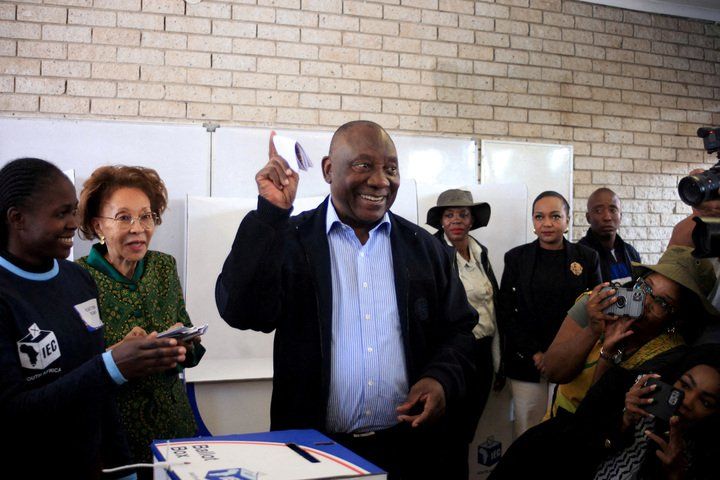Can the ANC make new friends and keep the old (president)?
For the first time in 30 years, South Africa’s African National Congress failed to win a majority in this month’s election, forcing it to turn to opposition parties in hopes of forming a coalition.
The most likely option now seems to be a multiparty coalition, similar to Nelson Mandela’s post-apartheid transitional government. This would allow the ANC to maintain its power by partnering with smaller, less established parties and, notably, the Economic Freedom Fighters, which underperformed in the election. According to Eurasia Group analyst Ziyanda Stuurman, this government is most favorable to the ANC as it would “keep Cyril Ramaphosa as president and provide at least some stability across the political landscape.”
A coalition with former president Jacob Zuma’s newly formed uMkhonto weSizwe party appears highly unlikely because its leader refuses to cooperate unless Ramaphosa steps down, which is non-negotiable for the ANC. Early predictions saw a likely coalition forming between the ANC and the Democratic Alliance, the leading opposition party thatwon almost 22% of the vote. But the two diverge on economic policies and affirmative action, and racial tensions between them are high.
South Africa is in uncharted waters, as the ANC is forced to make new friends for the first time. The uncertainty is making hard times in Africa’s biggest economy even worse, with the randweakening by another 1.3% on Wednesday. The ruling party is running out of time to form a coalition, as the Parliament must sit by June 16 to pick the next leader of this young democracy.
